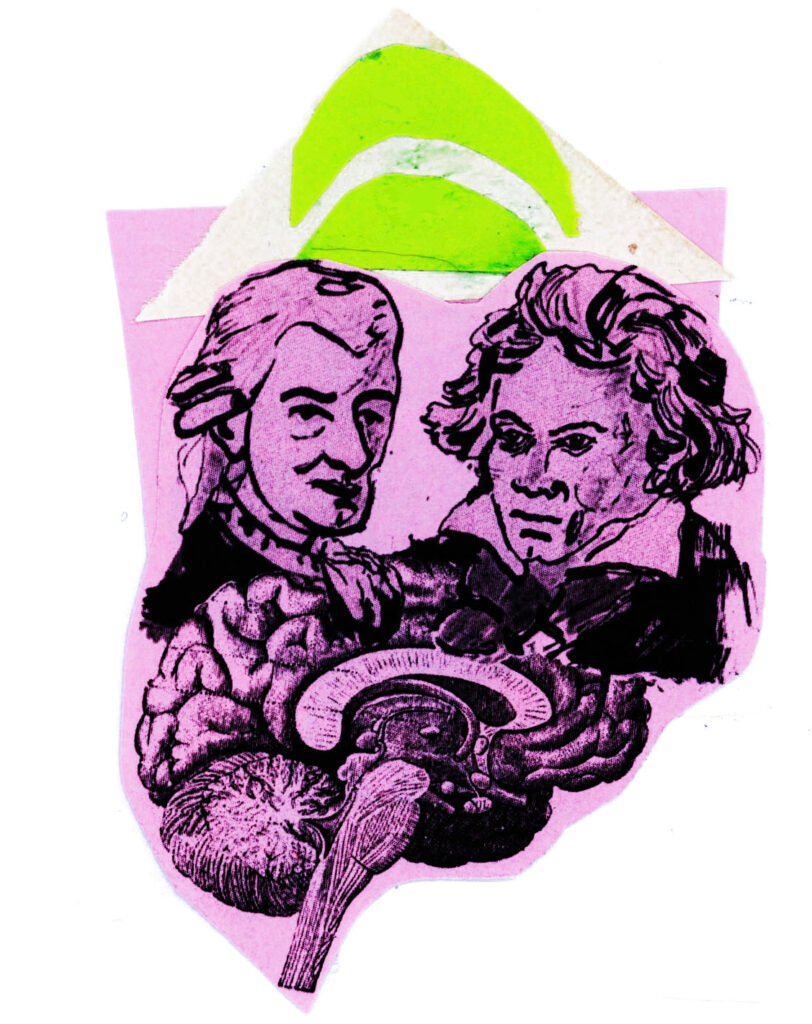Attention, please – we listed tips that could benefit all students
Neurodivergent students in particular can face all kinds of challenges during their studies, but the university and the new student association offer guidance and peer support. We asked the study counsellor of University of Tampere to list tips that can help with the difficulties all students have with concentrating.
Original text: Ruut Parikka
Pictures: Ruut Parikka & Eelis Hyvärinen
Graphics: Arsi Keva
Translation: Erika Yli-Rahnasto
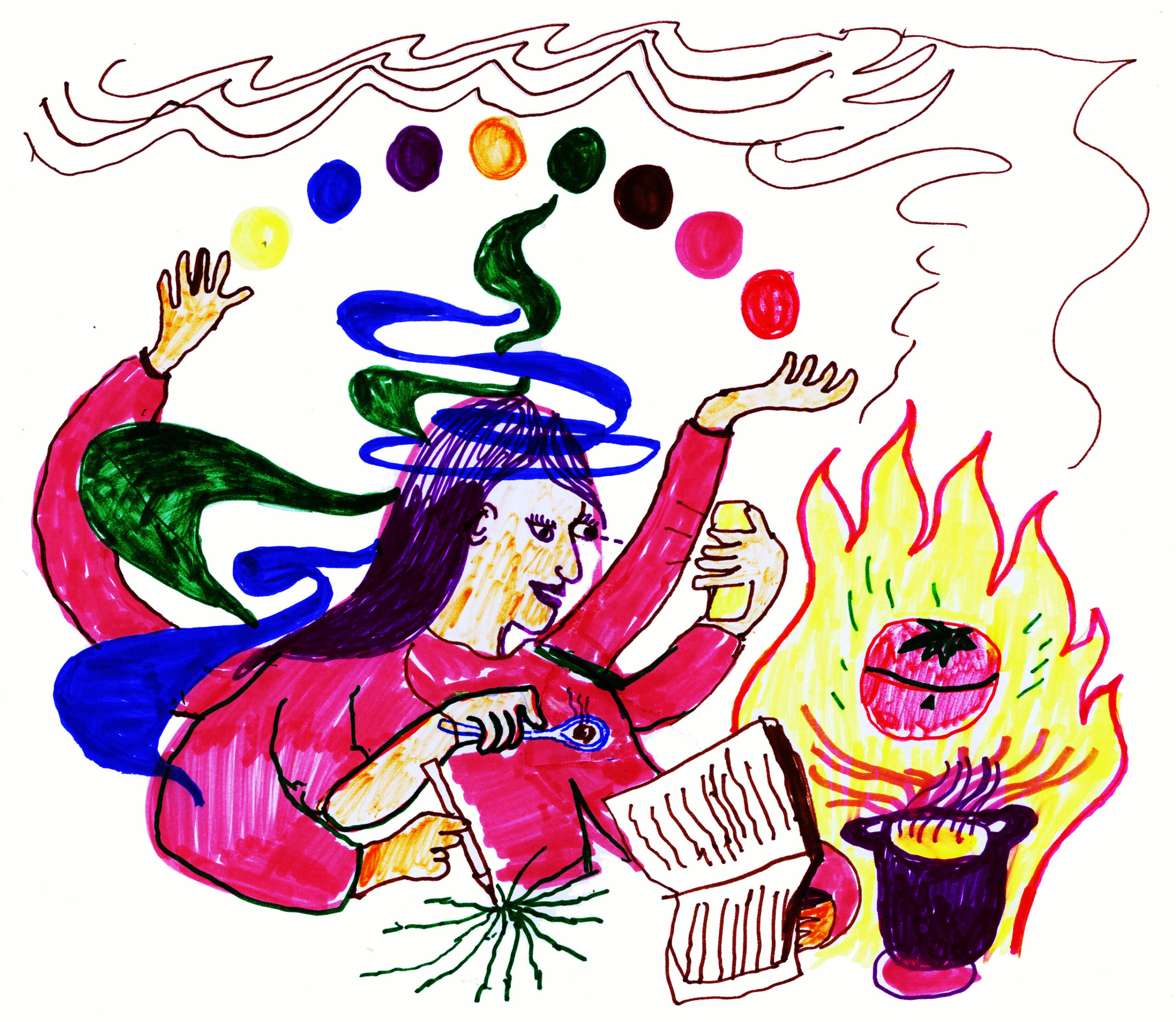
Tämä artikkeli on saatavilla myös suomeksi.
Balanced routines and everyday life that feels meaningful have an important role in concentration. Sanna-Mari Mertaniemi, student counsellor and neuropsychiatric coach at the University of Tampere, says that the same tips apply to all students as for neurodivergent students when it comes to the guidance of students’ own activities.
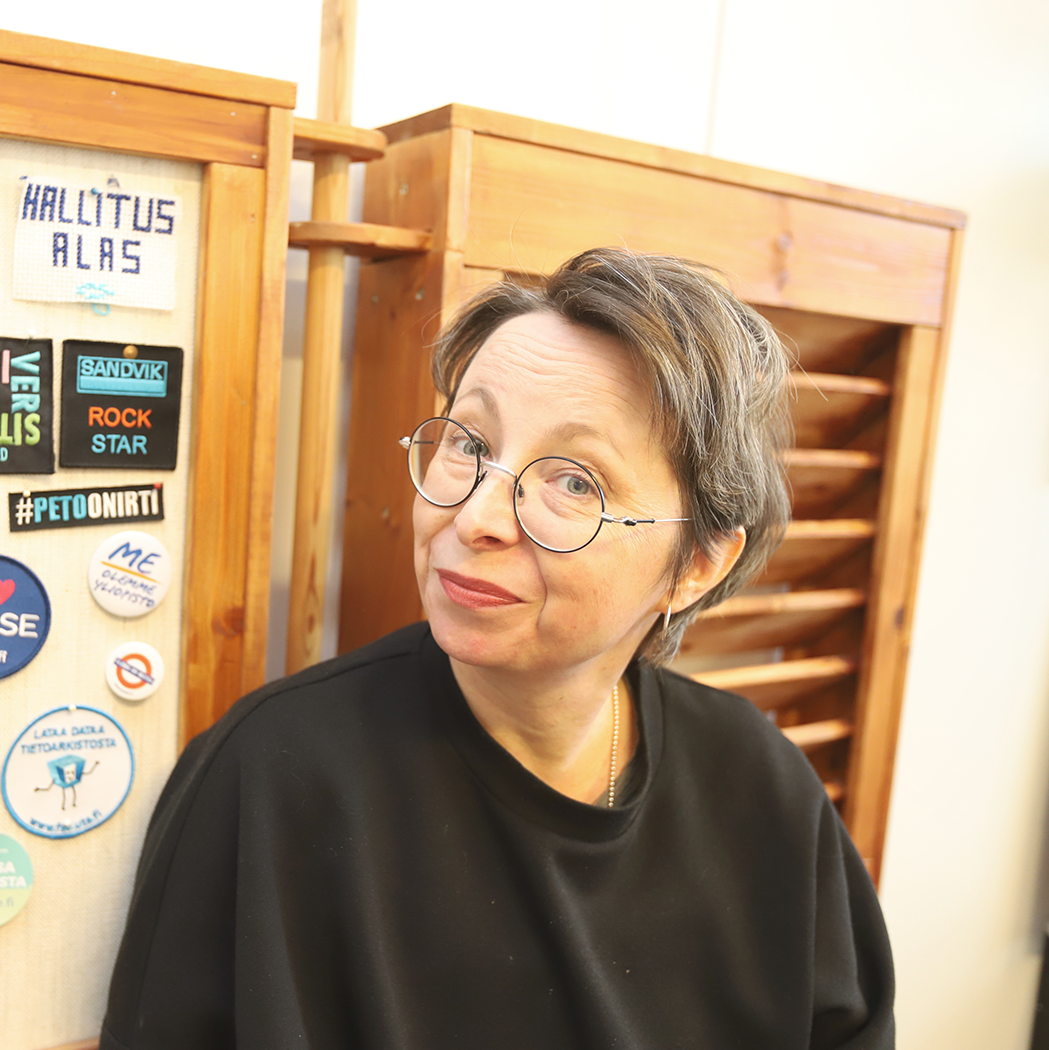
Neurodiversity is a neutral way to address neuropsychiatric disorders. In common parlance, the term nepsy is used. The spectrum of neurodivergent characteristics includes, for example, autism, ADHD, and Tourette syndrome.
Mertaniemi acts as a coordinator for both students and shared guidance services.
“As a coordinator, I have wanted to develop and coordinate study services into what I myself would have liked to have 30 years ago when I was studying here.”
One of Mertaniemi’s tasks is to develop a support service for neurodivergent people, one of which is the leadership responsibility of the peer support activities, such as the group Vene. As for now, detailed information about the operations of Vene can be found only in Finnish.
“The group meets alternate weeks in the Navigaattori facilities in the Hervanta and the City centre campuses. Its activities are aimed at people who have a diagnosis or suspicion of ADHD or who feel they belong to a neurodivergent spectrum. It is for all neurodivergent students, including for students on autism spectrum and for students with Tourette’s syndrome as well. People who have major difficulties with concentration and need help with everyday life management can also participate in the events.”
The aim of Vene’s meetings is to provide concrete tips and guidance for the activities. The activities are hugely popular, but groups want to be kept small by requiring people to sign up.
”For people who have challenges with pre-registration or memory, this event can be a great opportunity to practise scheduling or marking things into calendar. Usually, a person tries to remember the most important things” Mertaniemi says.
Help from the university
As a support during the studies, the study counsellor may make a proposal to the student about individual arrangements.
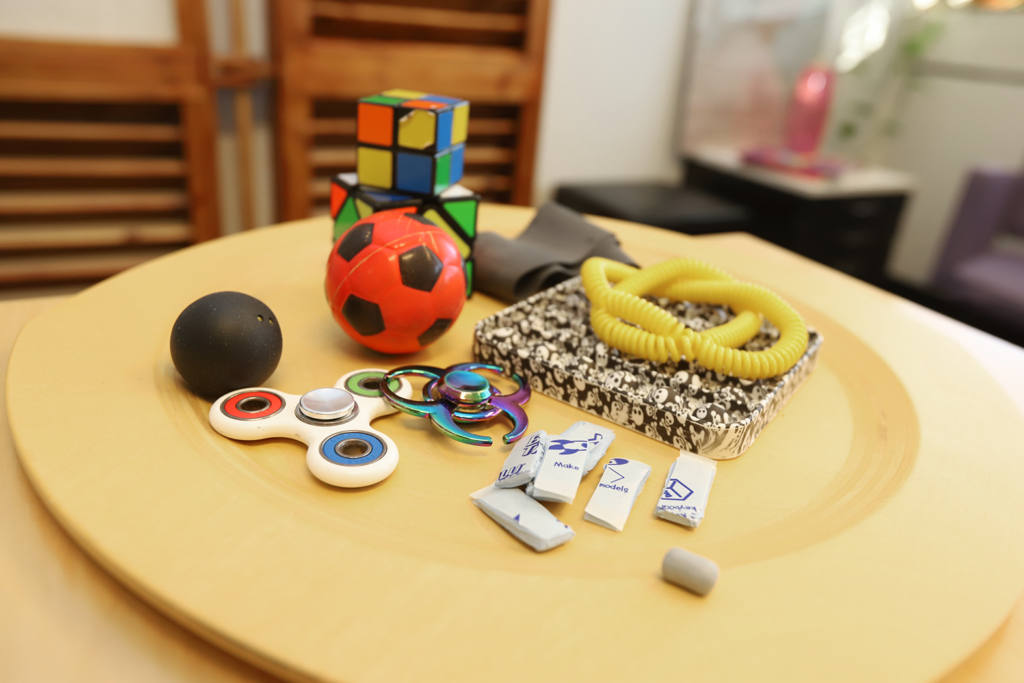
“ A student with a learning disability, illness, disability, or other health condition stated in a statement that affects the ability to function can apply for an individual study arrangements. It can be, for example, neurodiversity, mental health challenges or some physical limitation,” Mertaniemi says.
It is part of her job description to make proposals for individual study arrangements. The proposal is written with an expert in individual study arrangements. For the proposal, the process starts with a discussion with the student on what kind of support measures may be necessary for the student’s situation so that they can demonstrate their own skills in the studies on an equal basis.
“The arrangement information can be updated later as needed during the studies, and thus kept up to date.”
Vitality from the community
After acknowledging the need for peer support and having active students in Vene, Nemo ry, the association of neurodivergent people under TREY’s hobby associations, was born. According to the association’s secretary and founding member, Eelis Hyvärinen, the association is reportedly the first in Finland to promote the affairs of neurodivergent people in higher education.
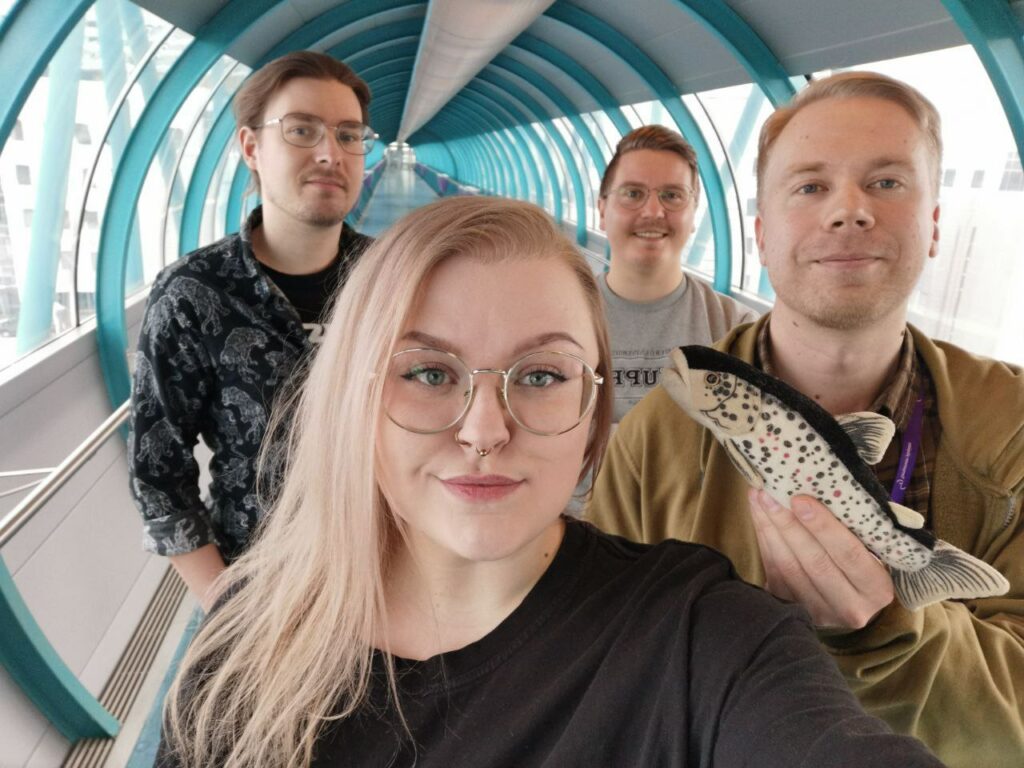
“The association was founded in December 2023, and operations are only just getting started. At the beginning of the year, we participated in the TREY’s Associations’ Kick-off, and the equality representatives of many associations expressed an interest in working with us.”
According to Hyvärinen, the amount of information and socialisation during orientation week at the beginning of their studies can be too much for a neurodivergent person.
“Social situations can be difficult due to neurodivergent traits, and thus also affect finding your own community. In the best-case scenario, the upcoming events of our association, such as a movie night, are informal. Above all, we would like to bring a sense of community to everyone so that we do not have to mask our own special interests, for example.”
Masking is the act of adapting or masking neurodivergent traits so that a person appears neurotypical.
The association is still in its early stages, but Telegram channels have been set up for announcements and general discussion. The members include students from both the City centre and Hervanta campus. More information about Nemo ry can be obtained by contacting Hyvärinen. The secretary of Nemo ry can be found on Telegram as @eelishyva.
“Our association is for all higher education students in Tampere, including Tamk and Polamk.”
Events and advocacy work
The goal of Nemo ry is to create both relaxed low-threshold events for its members and structured promotion of benefits. One of the goals of the association is to find out what kind of individual arrangements and support measures neurodivergent people can obtain for their studies.
“We also want to make the implementation of special arrangements clear for course leaders. At the moment, the arrangements are just suggestions, and their implementation depends very much on the teacher,” Hyvärinen adds.
He himself is studying for his final year as a classroom teacher.
“I use the Pomodoro technique for breaks and for timing my own studies. I just wish I had found it sooner.”
The Pomodoro technique is a time management method in which goal-oriented work is done for 25 minutes, followed by either a long or shorter break. In the “Get stuff done” -sessions, which are open to everyone in the University of Tampere, the method is used with the instructor.
In the article, the non-discriminatory vocabulary of autism published by the Aava project, Simo Ahonen’s book Opinnäyte jumissa (2023) and Karita Palomäki’s Nainen ja ADHD (2024) has been used.
Try these tips to support your studies
Concrete tips are offered by the student counsellor and neuropsychiatric coach of University of Tampere Sanna-Mari Mertaniemi.
Help with over-activity and anxiety:
”Close your eyes for the lecture. By removing one sense for a moment, the mind calms down.
Attention can be directed to physical calming, or stimming. For example, you can fiddle your hairband or Blu-tack, draw, or knit.”
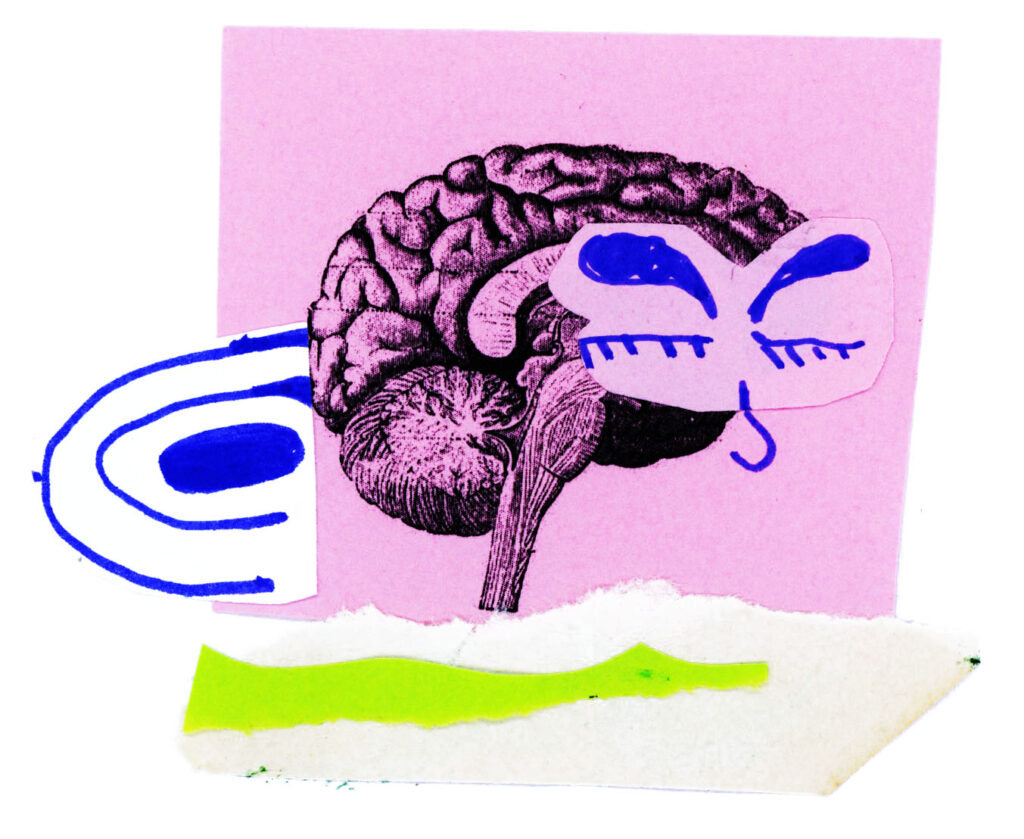
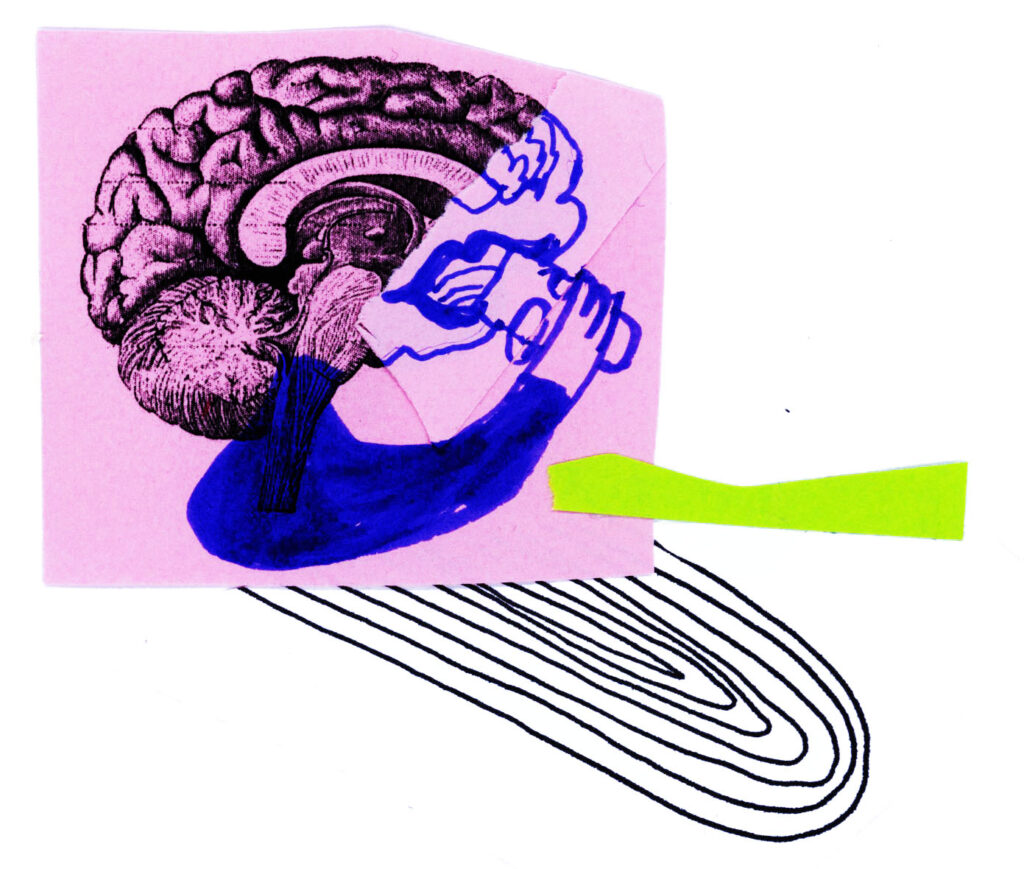
Help with low mood and brain fog:
”Drinking water and conscious breathing help the brain to become active. Moving can also help.
Sometimes you can simply be too tired of doing anything, and then you should be kind to yourself. There will be situations like that for all of us. Procrastination became a trendy word during Covid, and inaction should not always be seen as a bad thing. The underlying reasons for managing may be more complex than we can understand.”
Help to start studying:
“It is important to set goals and clear deadlines for studying. Many fail by just deciding to ”write a ten-page essay today”. Planning the work directs one’s own attention to the execution of tasks.
Moving to a place that has become familiar can help the brain organise itself for study. For a neurodivergent person, it can also be refreshing to change study places from time to time.
Make yourself comfortable – it also helps. You can change your shoes into wool socks if you sit around in the study space for long periods of time.”
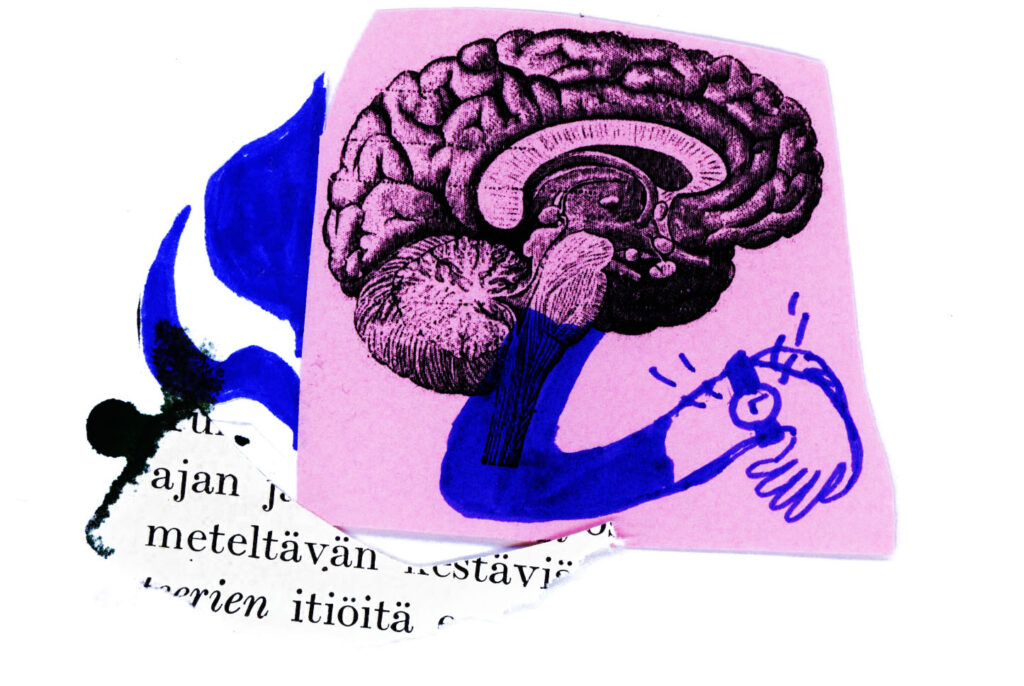
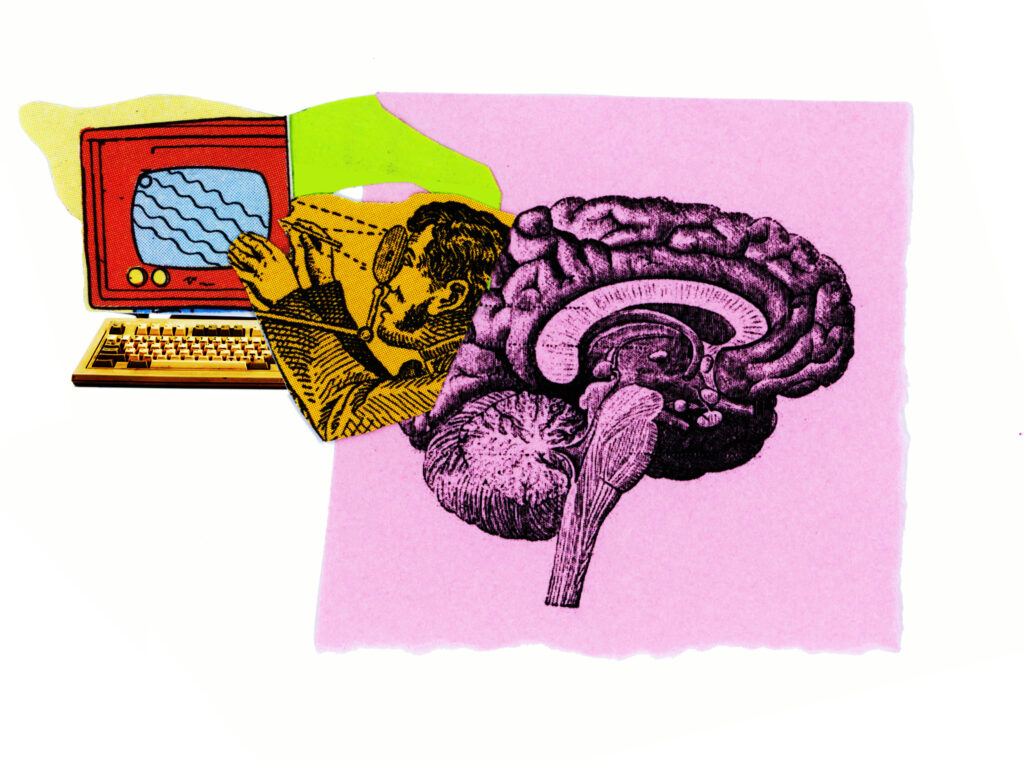
Getting the first push for writing from AI:
”Generative AI can give the text the first push. AI can also help with juggling a topic or, for example, if you are staring at a blank page.”
In the use of AI, it must be taken into account that the content it generates is always compiled information from something that is already published. The material of generative AI is not good at identifying facts from the material it compiles, for example news published in newspapers around April Fool’s Day.
Finding motivation from doubling
“In neurodiverse circles, the familiar study technique is also using body doubles, which utilises the presence of another person to complete various tasks and things. The presence of another person increases dopamine levels as well as increases the sense of responsibility to perform the required task.
For doubling, using the silent reading room at the library of the City centre campus or having a joint study time with a friend can work.”
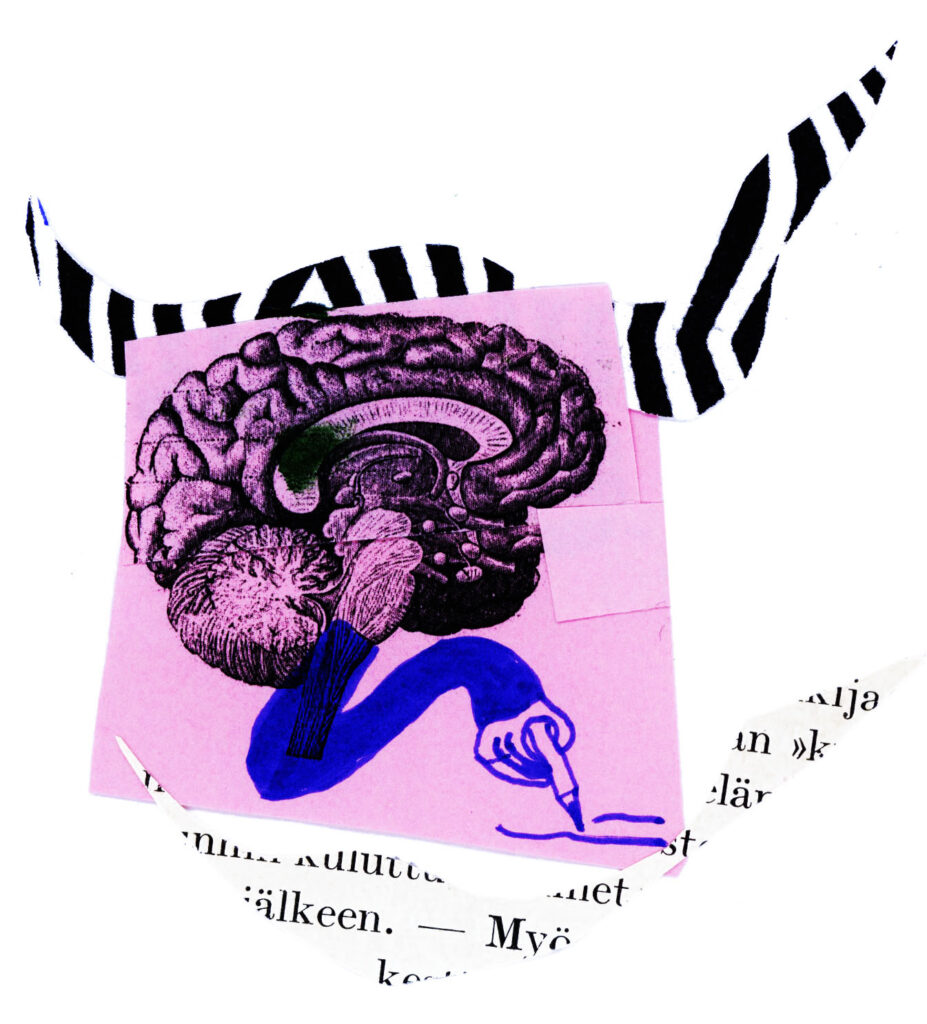
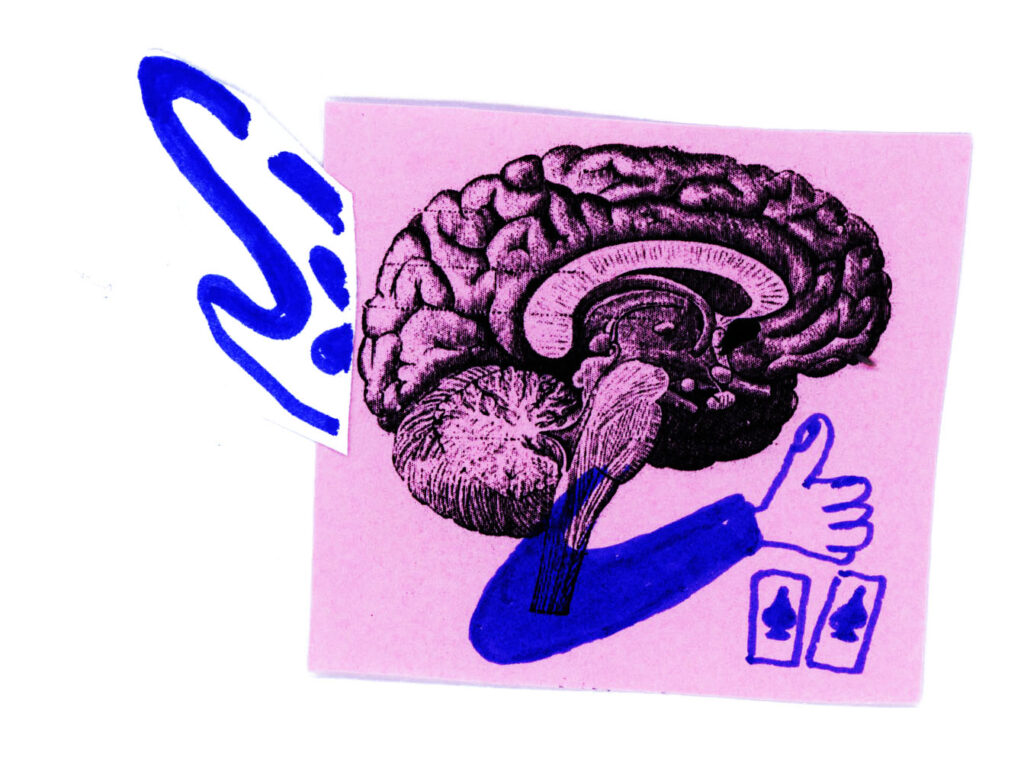
Help with remembering things:
“If some method has helped to remember things, for example, during previous studies, it is worth to be used again. Flash cards, underlining, writing notes – there are many different methods, as long as you know they have worked before. There is no need to change a well-proven recipe if it is on a solid and well-being-supported basis.
To improve time management and attention, a traditional wristwatch could be a preferable option. No other disturbing alarms or reminders appear on the regular watch. Usually, people look at the phone and stay scrolling because they look at what time it is.”
Find out, are you Beethoven or Mozart
“According to Simo Ahonen, a study psychologist at the University of Tampere, there are two types of people who produce text: As the text is produced, the ”Beethoven people” begin to project ideas into words. Beethovens quickly turn their ideas into text but edit the text several times.
The “Mozart people”, however, structure the thoughts and subject matter in their heads and finally spew the text out at once.
Beethoven’s stumbling block is the rambling of the text and getting sidetracked. The Mozarts, on the other hand, may hesitate too long and return their texts at the last minute. When you are in a hurry, you may forget to deal with some subjects.
There is nothing wrong with either way, but once you have identified your own writing style, it is advisable to occasionally try the opposite method to develop your own writing style.
